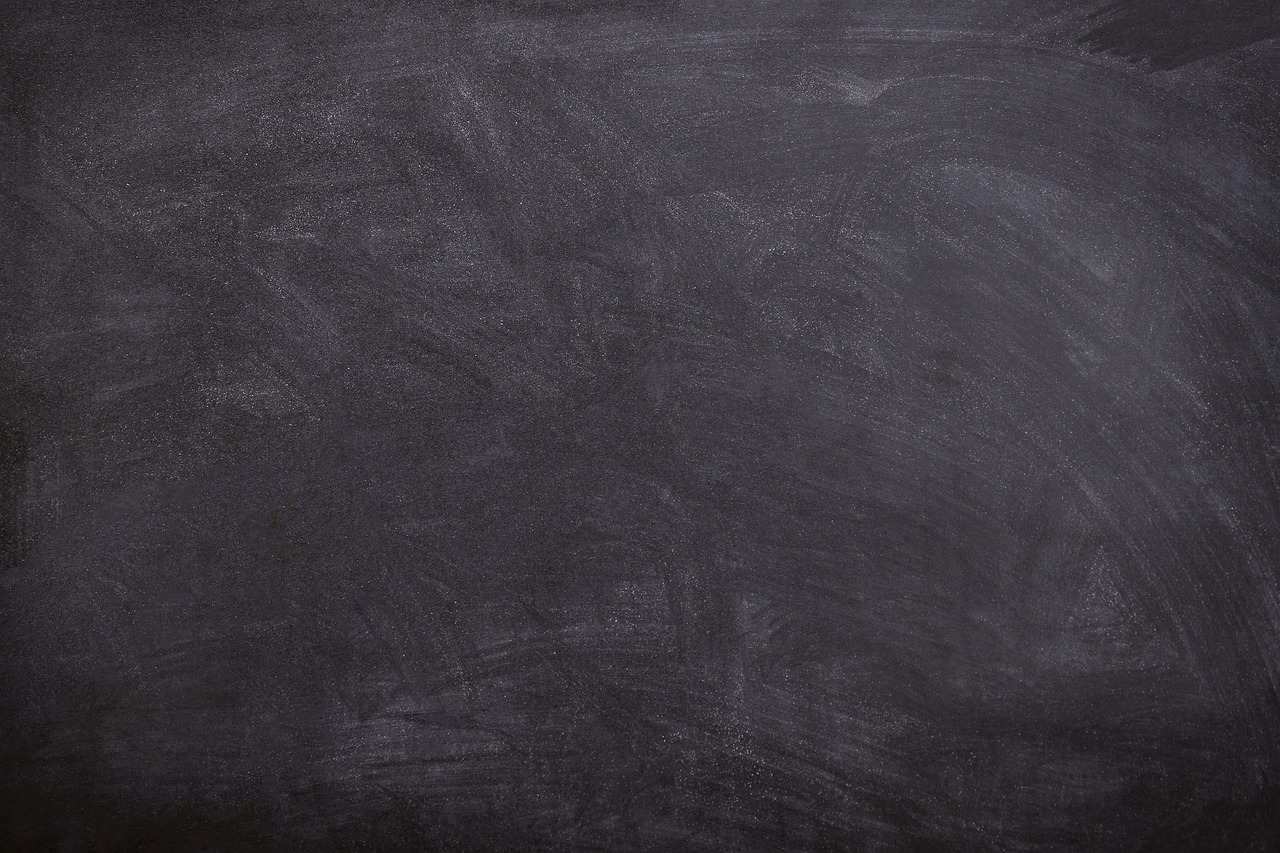Having debt gave me countless headaches. Lawyers used to bombard me with calls, threatening to blacklist me, sue me and even extract money by garnishing my salary. I hated that period of my life and swore never to take on debt after I paid it off. I’m debt-free now, and I can tell you that it’s one of the best things I’ve ever done. There is no way that I’ll go into debt ever again. It’s especially not necessary when you’ve got cash, which is much easier to save when you don’t have debt.
My debt consisted of vehicle finance, credit cards, overdraft, personal loan and several other smaller debts. The total debt was $40K in 2017. That might not sound like a lot to owe when compared to other people’s debt, but it is when you’re homeless. Yep, I was homeless and in debt.
The Road to Freedom

There is nothing more liberating than being debt-free. When you have debt, you may feel like you’re chained to your work desk. Your motivation for going to work is to pay off debt, for the most part. Sure, you may love your job, but let’s be real. If you don’t have debt, there’s a chance you may opt for part-time work, changing your career or even starting your business. All of those options are much riskier when you’re in debt.
If they don’t work out, you’ll still have a dark cloud of debt looming over you. When you’re debt-free, you’re more likely to pursue those ventures.
How did I pay off my debt while I was homeless?
Safety Net
A friend of mine offered me a place to stay, so I was no longer on the street. But I was unemployed, broke and in debt while living with him.
Once I eventually found a job (a low-paying one, I might add. I was desperate, so I took the first offer after months of searching), I wanted to make sure that I was never homeless again. I knew that I needed a safety net in case I lost my income.
The first thing I did was save up for 6 months of essential expenses—rent/mortgage, utilities and food. Those three expenses are crucial for survival. Technically, you can survive on the street, but I would not recommend exploring that option.
It’s all good and well to start paying off your debt immediately, but what happens if, halfway into your debt repayment, you lose your income and are without a safety net? That’s when you’ll likely regret the decision of not having savings to replace your income until you find another job. In that situation, you won’t be able to continue paying your debt, and you won’t have money to survive. That’s a tough spot to be in.
The six-month savings is crucial for anyone to have, even if you don’t have debt. But it’s even more dire for those who are in debt. Around 60% of Americans (at the time of writing) are living paycheck to paycheck. Just think about how scary that is. Some of those people are one paycheck away from living on the street. Don’t let that be you. Ensure you have a safety net.
The First Debt I Paid

My luxury BMW cost me 30% of my monthly salary. That includes the vehicle finance payment, gas, insurance, repairs and maintenance. That is a tremendous amount to pay for an “asset” that depreciates. I was nuts, I know. But I thought that I was so cool. It turns out that I wasn’t. There’s nothing cool about being broke and homeless.
When I went belly-up financially and was forced to vacate my apartment, I parked my car next to a building and lived in it. Unfortunately for me, I had already defaulted on three months of instalments when I had moved into my car (That sounds funny now but wasn’t back then), and the bank repossessed my car a few weeks later.
Even though the bank sold my car at an auction, the selling price was lower than the outstanding loan. I paid the difference and promised myself never to buy a car on credit ever again. It’s been six years since then, I still wouldn’t consider vehicle finance ever again.
Not having to pay gas, insurance and other costs related to vehicle ownership helped me to dedicate that money to my other debt.
The Second Debt I Paid and The Road Forward
The second debt I paid off was my smallest one—furniture. After paying off the vehicle finance, I still had four other loans to pay. Looking at the total amount of the debt made me feel I would never pay it off. So I needed encouragement. Paying off the furniture loan gave me the satisfaction of ticking another loan off my list. It showed me that it was possible to pay everything off if I tackled one loan at a time.
Once I paid off the smallest loan, I had money that I no longer spent on my vehicle finance and furniture payments. That money was dedicated to paying off the second-smallest loan—credit cards. And the process went on until the final debt.
My biggest debt was a personal loan. I had borrowed it to open a nightclub. It took me six years to pay off the $40k loan. I made a lump sum payment for the personal loan, and I’ll never forget that day. It felt like chains had lifted around my neck, and I was free for the first time in years.
That feeling was so amazing that I promised myself never to go into debt and to show other people that they don’t have to live with debt. It’s been normalised to be in debt for most of your life. That’s the sentiment in society because that has become a way of life for most people. It doesn’t have to be that way.
What Helped Me to Complete the Journey

Paying off debt is a destination, but its journey is filled with peaks and valleys. You feel great when you pay off one debt, but the rug is pulled under your feet when you see how much you have left to pay. That’s one of the reasons that it’s so important to pay off your debt as soon as possible.
In most cases, it takes years to pay off debt. During that period, interest gets added to the debt, which prolongs your journey. You could also lose your income, disabling you from paying off your debt.
You need to dedicate as much money as possible to debt. The longer it takes to pay off debt, the more likely you are to give up. After paying your debt for a year or two and then looking at the remaining balance, you’re likely to be put off by the prospect of continuing. It feels like the debt-free day will never come. It will, and you can expedite the process.
And the way to do that is by living a minimalist lifestyle. The more money you have at the end of the month, the more you can dedicate to debt and pay it off faster. I eliminated all the expenses that weren’t necessary for survival, such as vacations, new clothing and entertainment. I know, this is extreme. But just remember, the reason you’re likely in debt is because of those expenses. So now, it’s time to correct those mistakes if you want to get out of debt as soon as possible.
CHECK OUT MY NEW BOOK — From Homeless to Debtless with Savings





Leave a Reply